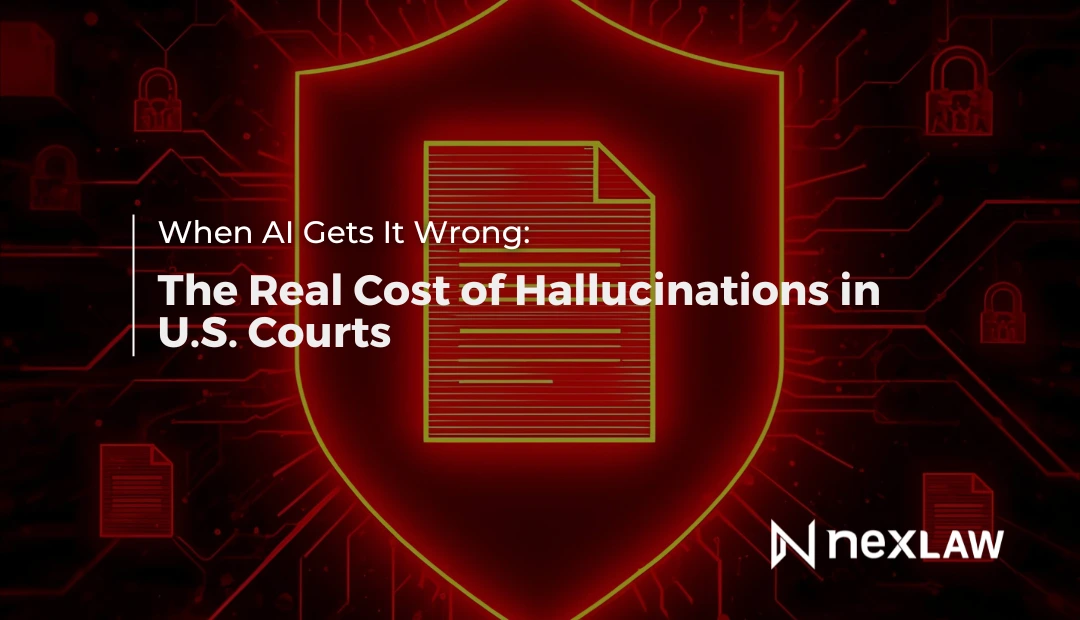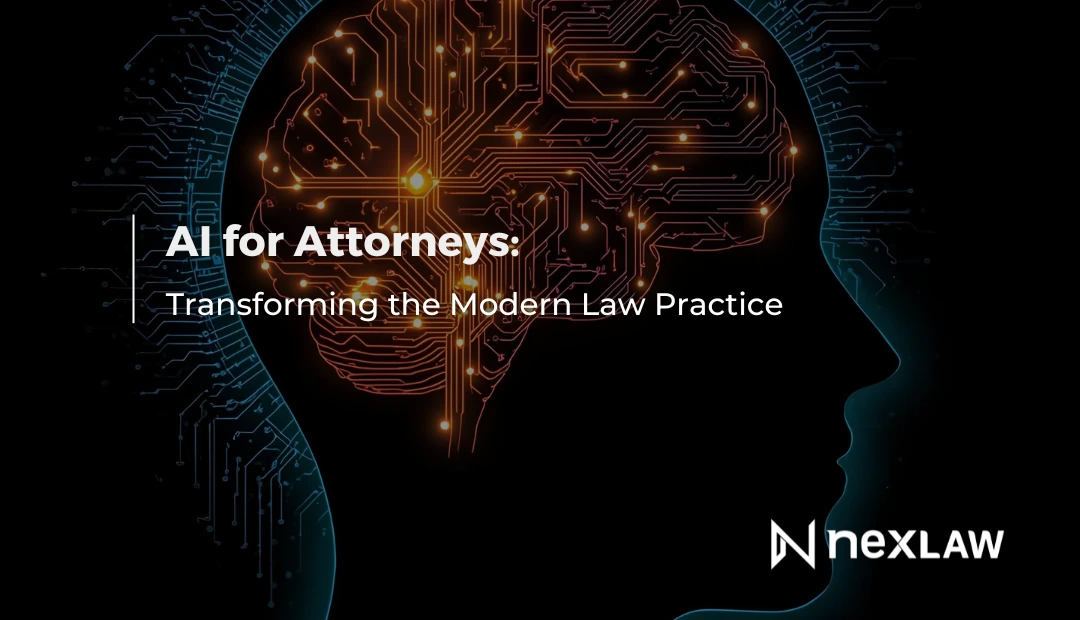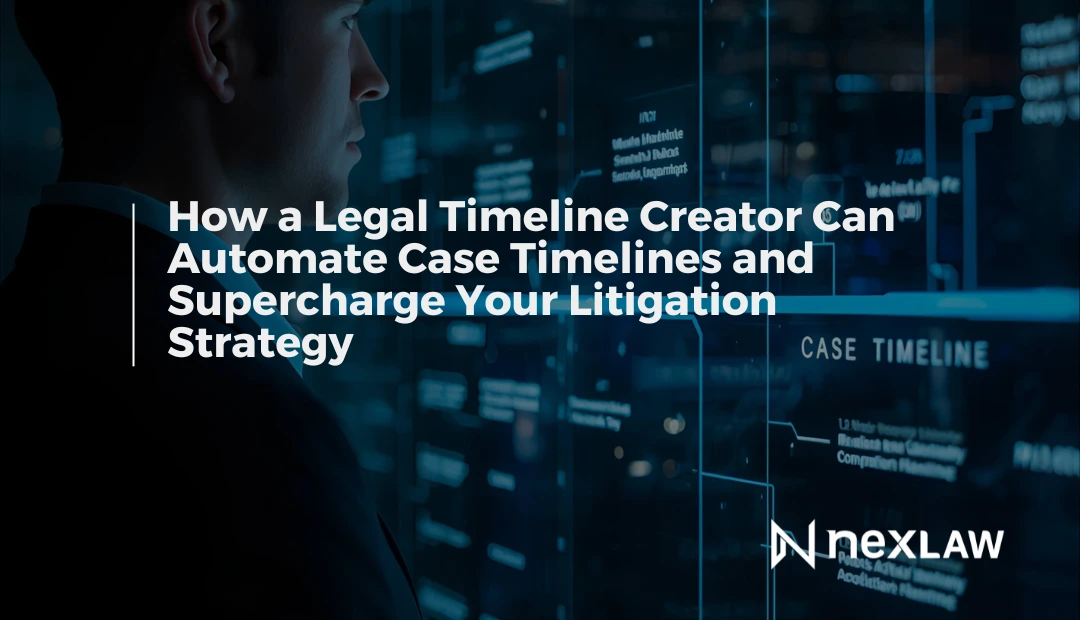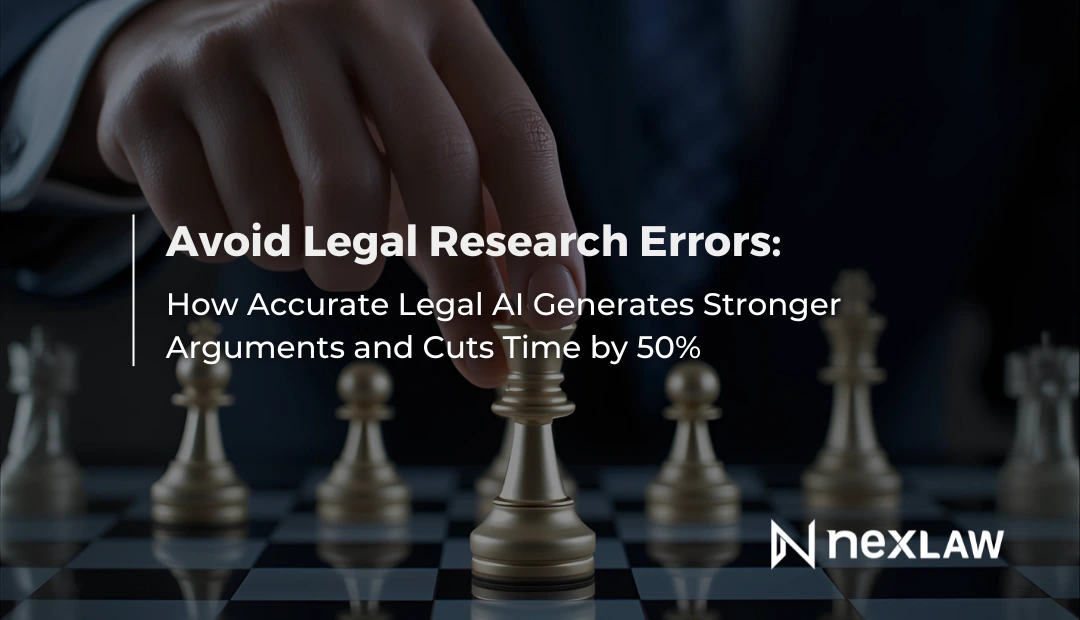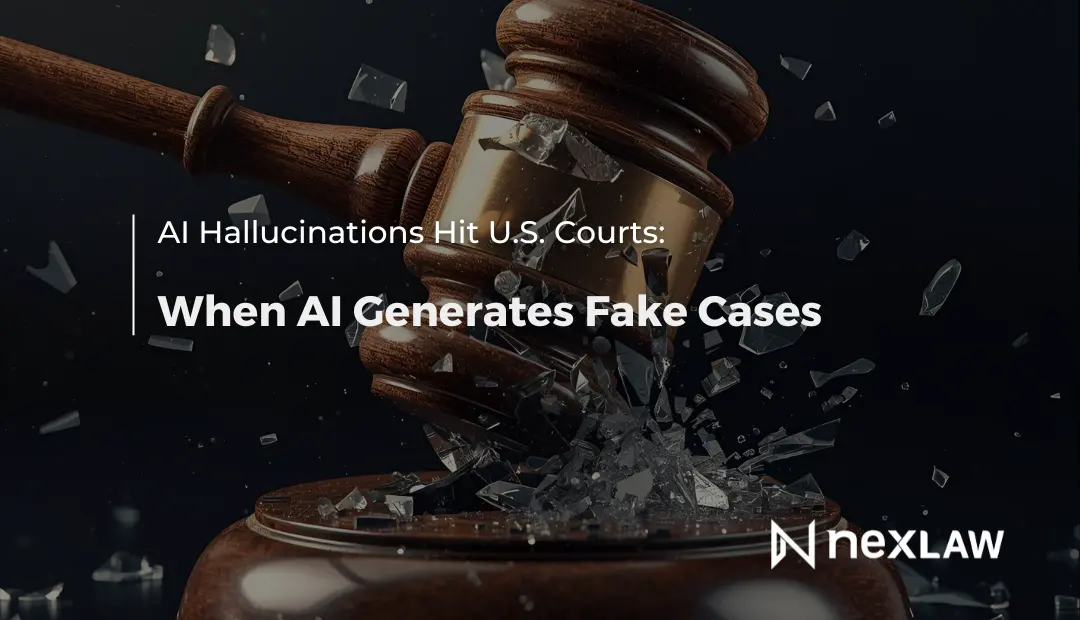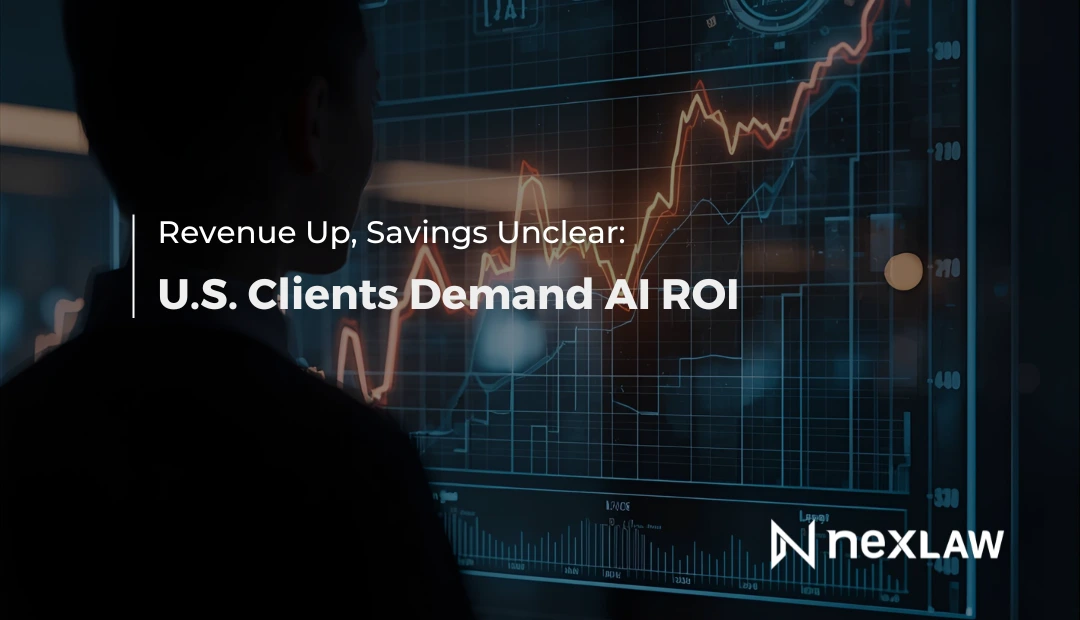When AI Gets It Wrong: The Real Cost of Hallucinations in U.S. Courts
AI in the U.S. Legal Sector
Artificial intelligence (AI) has become an increasingly common tool in U.S. law firms. From assisting with research to drafting briefs, AI promises efficiency and faster workflows. Attorneys and pro se litigants alike are experimenting with these tools to reduce time spent on routine legal tasks.
Unlock Legal Insights Instantly!
But with this promise comes a risk. AI hallucinations—fabricated or inaccurate outputs—are making their way into court filings. Unlike harmless typos, these errors can damage reputations, jeopardize cases, and even lead to disciplinary action. The lesson from judges is clear: while AI may support the drafting process, accuracy remains a non-negotiable responsibility of the attorney or filer.
What Are AI Hallucinations?
A hallucination occurs when an AI tool generates something that sounds authoritative but is factually incorrect. In legal work, this often takes the form of:
- Nonexistent case citations.
- Mischaracterized precedent.
- Invented legal arguments.
In everyday use, such mistakes may be a nuisance. In litigation, they undermine credibility and risk sanctions. Courts require parties, attorneys and self-represented litigants alike, to ensure all filings are based on verifiable law.
The Real Cost of Hallucinations in U.S. Courts
Courtrooms across the U.S. have already seen filings struck down for including AI-generated errors. In some instances, attorneys have faced judicial criticism, sanctions, or mandatory remedial education. Even when no fines are imposed, reputational harm can be lasting.
For pro se litigants, the consequences are equally serious. Judges are not lenient simply because an individual relied on a free AI tool. An inaccurate filing can hurt a case and diminish the court’s perception of credibility.
The bottom line: an “AI mistake” is still the filer’s mistake.
Why Do These Errors Happen?
Several factors contribute to hallucinations in legal practice:
- General AI Models Lack Legal Training Tools like ChatGPT or Claude are designed for broad tasks, not legal analysis. Without verified datasets, they sometimes “fill in the blanks” with incorrect citations.
- Time Pressures Attorneys working under strict deadlines may be tempted to trust AI without full verification.
- Overconfidence in Outputs Because AI often presents answers confidently, users may assume accuracy without checking.
- Missing Safeguards Most general AI tools lack citation verification or traceability features, allowing errors to slip through.
These factors explain why fabricated content has already surfaced in filings across U.S. courts.
The Stakes for Legal Professionals
The professional risks of relying on unverified AI outputs are significant:
- Sanctions: Courts may issue penalties for submitting filings with false citations.
- Reputational Harm: Being associated with “hallucinated” briefs can affect career prospects and client trust.
- Ethical Violations: Attorneys remain bound by professional responsibility rules requiring competence, diligence, and candor toward the tribunal.
For pro se litigants, errors can cause delay, dismissal of claims, or unfavorable impressions with the court.
Why Verification Is Essential
The American Bar Association and multiple state bars have emphasized that attorneys remain accountable for the work they submit, regardless of whether AI was used. Verification is therefore not optional.
Best practices include:
- Double-checking AI-generated citations in official case law databases.
- Reviewing AI-drafted documents line by line.
- Establishing firmwide protocols for responsible AI use.
AI can assist, but it cannot replace attorney judgment.
Competitor Tools and Their Limits
Some legal technology vendors have introduced AI tools tailored to lawyers. While these represent a step forward compared to general AI, even specialized platforms have reported varying accuracy rates. Many operate as “black boxes,” leaving users without a clear audit trail to confirm outputs.
This creates risk: speed without verifiability is not enough for court filings.
NexLaw: Litigation-Ready AI Without the Guesswork
NexLaw AI was built specifically for U.S. litigation, ensuring that attorneys and pro se litigants can use AI responsibly and confidently.
Key Advantages of NexLaw:
- Verified Legal Data: NexLaw relies on curated U.S. statutes, regulations, and case law, reducing the likelihood of hallucinations.
- Audit Trail: Every output can be traced back to sources, providing transparency when presenting arguments in court.
- Confidentiality-First: NexLaw never reuses or exposes client data for model training, protecting attorney-client privilege.
- Litigation-Focused Tools: From motion drafting to citation verification, NexLaw integrates AI into litigation workflows where accuracy matters most.
By combining speed with verifiable accuracy, NexLaw addresses the concerns judges and clients have raised about AI in the courtroom.
The Bottom Line for Law Firms and Litigants
Hallucinations are no longer a theoretical problem, they are a documented challenge in U.S. courts. While general AI tools may speed up drafting, they also introduce unacceptable risks in litigation.
NexLaw offers a better path forward: efficiency, accuracy, and compliance built into every workflow. Attorneys and litigants can confidently harness AI without fearing reputational or professional setbacks.
Conclusion
The cost of AI hallucinations is measured not only in wasted time but also in sanctions, lost credibility, and damaged client relationships. Courts have made it clear that responsibility rests with the filer, not the tool.
For those who want to embrace the benefits of AI without the risks, NexLaw provides a litigation-ready solution. By ensuring accuracy, maintaining confidentiality, and embedding compliance into its design, NexLaw empowers attorneys and pro se litigants to use AI responsibly and effectively.
Lawyers who embrace AI today are shaping the legal profession of tomorrow. Whether you’re part of a litigation team, a solo attorney, or a paralegal eager to expand your role, NexLaw makes it possible.
NexLaw is designed to help paralegals and attorneys—solo or from small and mid-size—prepare cases more efficiently, with greater accuracy and strategic insight.
Book a Guided Demo — See how NexLaw fits seamlessly into your practice and transforms your workflows with a quick walkthrough
You can either start your free 3-day trial (no card required) or 7-day trial (card required) to get hands-on right away — Explore NexLaw risk-free and experience firsthand how AI can enhance efficiency, accuracy, and client satisfaction.
*t&c applied | visit our website for more details
With NexLaw, the future of litigation is here - AI-powered, accurate, and accessible.
